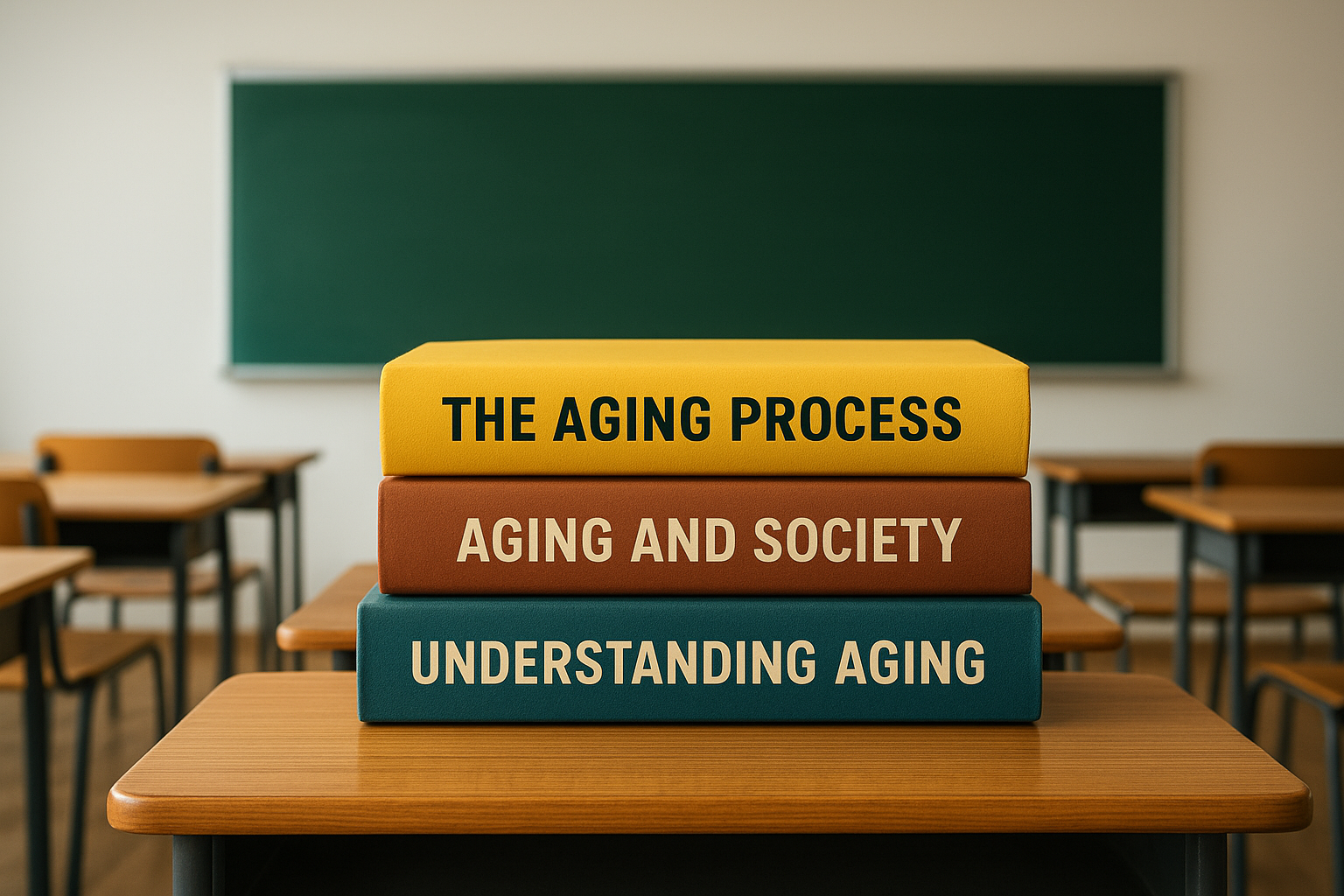

By Susanna P.Barton
For the past year and a half, and at the unstoppable age of 53, I have been pursuing a Master of Science in Gerontology degree from the University of North Carolina Greensboro. It has been the great rewiring of my brain, helping me chisel through crusty, hardened noodle material that has stagnated in its creases since early motherhood. I have really enjoyed being a student again. It’s brought me new thoughts on life purpose and how a better understanding of aging can reframe personal and professional experiences. Thanks to this column-writing opportunity from agebuzz, I hope it can do the same for you.
Let me get back to the beginning real quick. Getting a master’s degree was not my idea, like at all. I was at happy hour with some lady friends a couple of years ago when one woman suggested I get a master’s in Gerontology from a program she found at the University of South Florida. This is her thing, apparently. She likes to hook people up with their educational destiny and make sure our slow-slipping moms group has a plan for their future. Enrolling in a Gerontology master’s program was my fate, it seemed. At the time, I had just published a book, Grand Plans: How to Mitigate Geri-Drama in 20 Easy Steps, so it was a legitimate suggestion. But truthfully, I didn’t even know a degree in Gerontology existed. I didn’t even know what Gerontology meant! (It means the study of aging, of course.) Several months later, I had applied and was accepted to two Gerontology master’s programs: the University of Florida and the University of North Carolina Greensboro, which turned out to be the best fit for my no-science, no-math-please brain. I began my master’s work in August 2024.
I have learned so much about aging and how to best plan for it during my educational journey. In addition to the incredible data points about the demographic shift we are all due to encounter – all adults born in the Baby Boomer generation will be over the age of 65 by 2030, just five short years from now – I discovered many opportunities out there to support this robust group of people. I have learned a lot about the legalities around it all, the financial preparation that is essential to thrive in this life chapter, and the physical, mental, social, cultural, and environmental inputs of “successful aging.” Gerontology is a new science that includes a vast array of experts and professionals. It is a diverse field of study, and it truly impacts all of us.
During my graduate degree pursuits, I have been able to put science behind some of the nudges or feelings I associated with structured aging planning, the area of Gerontology on which I have decided to focus. I prefer to call this special interest Grand Planning or Mindful Aging Strategies. My Capstone project included field study work with the St. John’s Cathedral’s Center for Wellbeing, where I designed and taught some classes in Mindful Aging Strategies. It was inspiring to join a team of other professionals, including a Gerontologist working toward her PhD, to support the needs of older adults in our community. This experience has led to additional seminar opportunities in Florida, which have been wonderfully affirming.
A year in, Gerontology graduate work has provided me with many new perspectives on aging and how we can approach it effectively. In this column space, I hope to share some of my top “lessons learned” or “key takeaways” from this journey. Each month, we’ll unpack new thinking about some of the most foundational elements of aging and how to address them in our everyday lives. I’ll be talking about issues like ageism and biology, and some of the opportunities to be better in tune with older adults and their diverse strengths. I’ll throw out some data points and important research that will resonate with all of us. Here are a few ideas I have simmering:
I look forward to unpacking all of these takeaway thoughts with you and hope this offering inspires more conversations about Gerontology best practices in your circles as well. See you in this space next time!
Susanna Barton, a member of Jacksonville Mayor Donna Degan’s subcommittee on elder care and a Gerontology master’s student at the University of North Carolina Greensboro, has worked as a professional writer in Jacksonville for nearly 30 years and is the founder of the Grand Plans online community, podcast, newsletter, and blog. Her book Grand Plans 2.0: How to Mitigate Geridrama in 20 Easy Steps and its accompanying workbook, the Grand Planner 2.0, are available in local stores and on Amazon. For more information, visit http://www.mygrandplans.com.